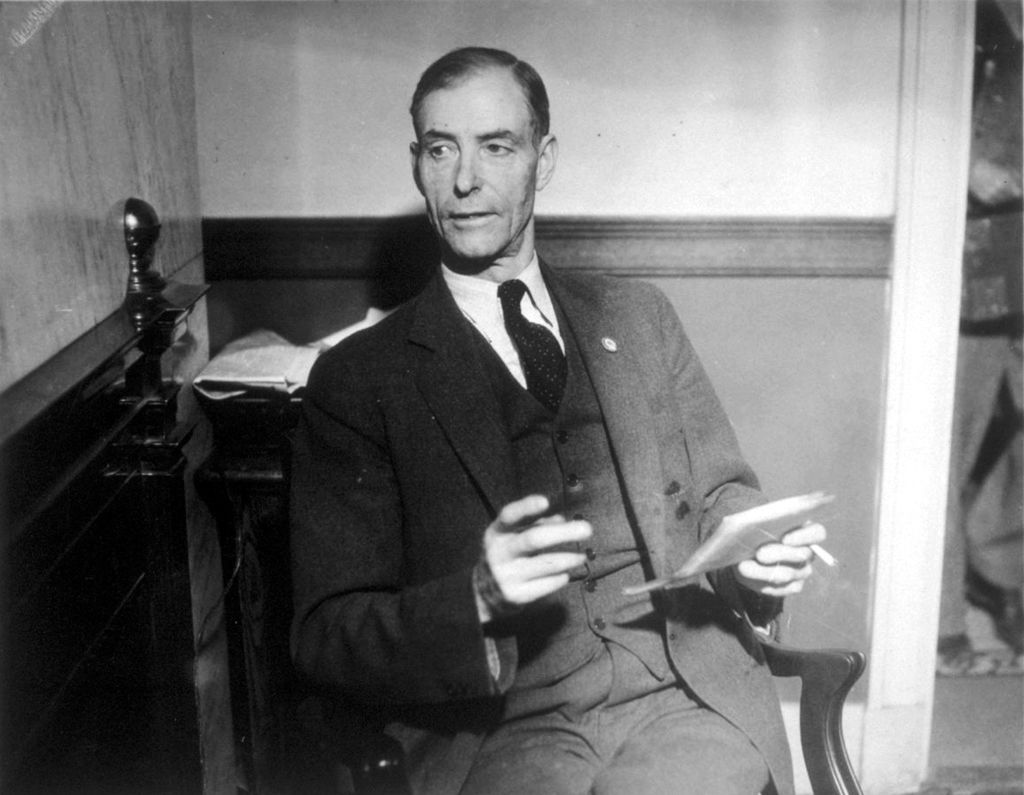
- Podcast Features
-
Monetization
-
Ads Marketplace
Join Ads Marketplace to earn through podcast sponsorships.
-
PodAds
Manage your ads with dynamic ad insertion capability.
-
Apple Podcasts Subscriptions Integration
Monetize with Apple Podcasts Subscriptions via Podbean.
-
Live Streaming
Earn rewards and recurring income from Fan Club membership.
-
Ads Marketplace
- Podbean App
-
Help and Support
-
Help Center
Get the answers and support you need.
-
Podbean Academy
Resources and guides to launch, grow, and monetize podcast.
-
Podbean Blog
Stay updated with the latest podcasting tips and trends.
-
What’s New
Check out our newest and recently released features!
-
Podcasting Smarter
Podcast interviews, best practices, and helpful tips.
-
Help Center
-
Popular Topics
-
How to Start a Podcast
The step-by-step guide to start your own podcast.
-
How to Start a Live Podcast
Create the best live podcast and engage your audience.
-
How to Monetize a Podcast
Tips on making the decision to monetize your podcast.
-
How to Promote Your Podcast
The best ways to get more eyes and ears on your podcast.
-
Podcast Advertising 101
Everything you need to know about podcast advertising.
-
Mobile Podcast Recording Guide
The ultimate guide to recording a podcast on your phone.
-
How to Use Group Recording
Steps to set up and use group recording in the Podbean app.
-
How to Start a Podcast
-
Podcasting
- Podcast Features
-
Monetization
-
Ads Marketplace
Join Ads Marketplace to earn through podcast sponsorships.
-
PodAds
Manage your ads with dynamic ad insertion capability.
-
Apple Podcasts Subscriptions Integration
Monetize with Apple Podcasts Subscriptions via Podbean.
-
Live Streaming
Earn rewards and recurring income from Fan Club membership.
-
Ads Marketplace
- Podbean App
- Advertisers
- Enterprise
- Pricing
-
Resources
-
Help and Support
-
Help Center
Get the answers and support you need.
-
Podbean Academy
Resources and guides to launch, grow, and monetize podcast.
-
Podbean Blog
Stay updated with the latest podcasting tips and trends.
-
What’s New
Check out our newest and recently released features!
-
Podcasting Smarter
Podcast interviews, best practices, and helpful tips.
-
Help Center
-
Popular Topics
-
How to Start a Podcast
The step-by-step guide to start your own podcast.
-
How to Start a Live Podcast
Create the best live podcast and engage your audience.
-
How to Monetize a Podcast
Tips on making the decision to monetize your podcast.
-
How to Promote Your Podcast
The best ways to get more eyes and ears on your podcast.
-
Podcast Advertising 101
Everything you need to know about podcast advertising.
-
Mobile Podcast Recording Guide
The ultimate guide to recording a podcast on your phone.
-
How to Use Group Recording
Steps to set up and use group recording in the Podbean app.
-
How to Start a Podcast
-
Help and Support
- Discover

On this day in labor history, the year was 1940.
That was the day President Roosevelt signed the Smith Act into law.
Some initially dubbed it the “Harry Bridges Law,” after the radical labor leader, long targeted by the FBI for deportation.
Politicians claimed it was designed to prosecute Fascists, Nazis and Communists.
In fact, the Smith Act was first used to prosecute and convict Minneapolis Teamsters leaders and supporters of the Socialist Workers Party, recognized for their successful 1934 strike and radical leadership.
Named after the Virginia Democratic Representative Howard W. Smith, it was originally titled the Alien Registration Act of 1940.
In addition to mandating the registration and fingerprinting of resident aliens, it allowed for the deportation of those resident aliens who sought to overthrow the government by force.
But the act also extended to those citizens who advocated the overthrow of the government by force or violence or engaged in the printing, publishing or distributing of materials that advocated sedition.
And it made it illegal for citizens to organize or belong to any association that engaged in such activity.
According to historian Donna Haverty-Stacke, author of Trotskyists on Trial: Free Speech and Political Persecution Since the Age of FDR, the Smith Act “was a peacetime antisedition law that marked a dramatic shift in the legal definition of free speech protection in America…the Minneapolis case shows how far the administration went to prosecute political dissent—even to the point of targeting the labor-liberal left.”
The Smith Act served as a prime tool for the McCarthyite Red Scare, and was used to prosecute more than a hundred Communists and labor leaders. Finally, in a 1957 landmark case, Yates v. Untied States, convictions under the Smith Act were rendered unconstitutional.
More Episodes
 2025-04-02
2025-04-02
 2025-03-29
2025-03-29
 2025-03-28
2025-03-28
 2025-03-27
2025-03-27
 2025-03-23
2025-03-23
 2025-03-21
2025-03-21
 2025-03-20
2025-03-20
 2025-03-16
2025-03-16
 2025-03-15
2025-03-15
 2025-03-14
2025-03-14
Create your
podcast in
minutes
- Full-featured podcast site
- Unlimited storage and bandwidth
- Comprehensive podcast stats
- Distribute to Apple Podcasts, Spotify, and more
- Make money with your podcast
It is Free
- Privacy Policy
- Cookie Policy
- Terms of Use
- Consent Preferences
- Copyright © 2015-2025 Podbean.com


